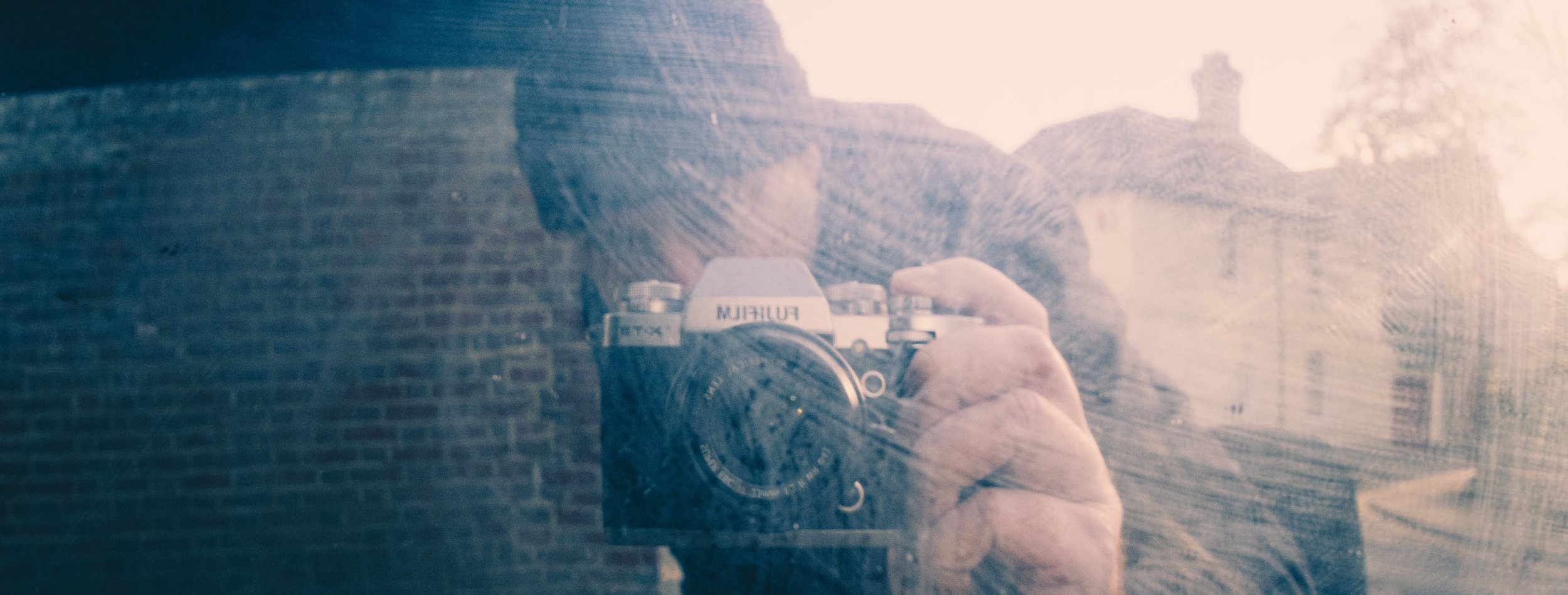Not content with a hefty trip to London on the Friday, I also took up the opportunity for a morning potter around Margate on the Saturday. On this occasion, the motivation was less about taking photos, more about viewing them.
That Saturday saw the launch of the latest exhibition at the Turner Contemporary: Resistance, curated by Steve McQueen. Through black and white imagery, the exhibition captures the history of protest as seen through the camera lens. An extensive history of protest is documented, from the suffragettes to the Battle of Cable Street to the Black People’s Day of Action to the Poll Tax riots. The exhibition contains a variety of powerful images depicting ordinary people engaging in resistance.
This exhibition is very timely (and perhaps a response to the Turner’s own experience of Resistance last year), given the growing threats and intimidation (by the state and media, in all its forms) towards protest movements. One can’t help but draw comparisons with current protest movements such as Just Stop Oil and the response towards them when looking at photos from the mid-20th century that depict people blocking roads and obstructing traffic. The causes themselves may change, but the tactics largely have not. Meanwhile, the responses to protest appear to have become ever more aggressive, whether it be the response of the state, the media or, increasingly (and worryingly), private individuals willing to act against their own interests and freedoms (for example, the members of the public that have assaulted protestors either through physical removal or using vehicles).
I think the aspect of the exhibition that resonated with me the most, was the tension inherent in the use of photography to document protests. As noted with some of the early photographs, cameras were both a threat and an opportunity for those engaged in resistance. They were extensively used for surveillance, monitoring suspect troublemakers and tracking their movements and associations. But they were also an important weapon for the protestors, helping to amplify their message, exposing their cause to a much wider audience. It’s this tension that both fascinates and troubles me. It fascinates me as someone who has written articles and delivered talks on technology and surveillance, but it also troubles me as a photographer.
I’ve been on several protests in the past, taking part in marches and demonstrations, large and small. A part of me always wants to capture the protest, to use the images to amplify the message. But does this do more harm than good? One suspects when it comes to the state, there will already be ample footage of protestors (thanks to the ubiquity of CCTV). But state actors are not the only threats to protest movements. There are political opponents who might also seek to target individuals they are able to identify from photographs. There are employers who may take action against those that engage in protest. And so there is an inherent tension in the relationship between photography and protest.
That said, the exhibition provides a fascinating historical perspective, shining a light not only on the protests themselves but on unseen moments that were in the background, enabling the people to take action (like the images from the miner’s strike of the realities behind the media’s focus on the confrontations with the police), as well as the forgotten and ignored brutalities inflicted upon communities and the passionate fight for change that those tragedies gave ever greater urgency to, like the horrors of the New Cross fire.
Of all the exhibitions I have seen at the Turner over the years, this has undoubtedly been the most affecting and the most powerful. Never has the space been used so effectively, for once making the gallery feel much larger than it actually is. The photographs demand time and attention spread across the gallery space, such that you could easily find yourself losing hours examining every detail, absorbing every historical event and looking into the souls of every single person that took a stand and resisted.
Resistance isn’t just a history of protest, it’s a reminder that resistance is ongoing. I don’t know how many times I will return to this exhibition, but I know I most definitely will. If you get the chance, go. Go twice, go three times, go four times. You will be rewarded. And who knows, maybe inspired…
(The photos below were taking whilst in Margate, I didn’t take any photos in the gallery space, you’ll have to explore it yourself!)

